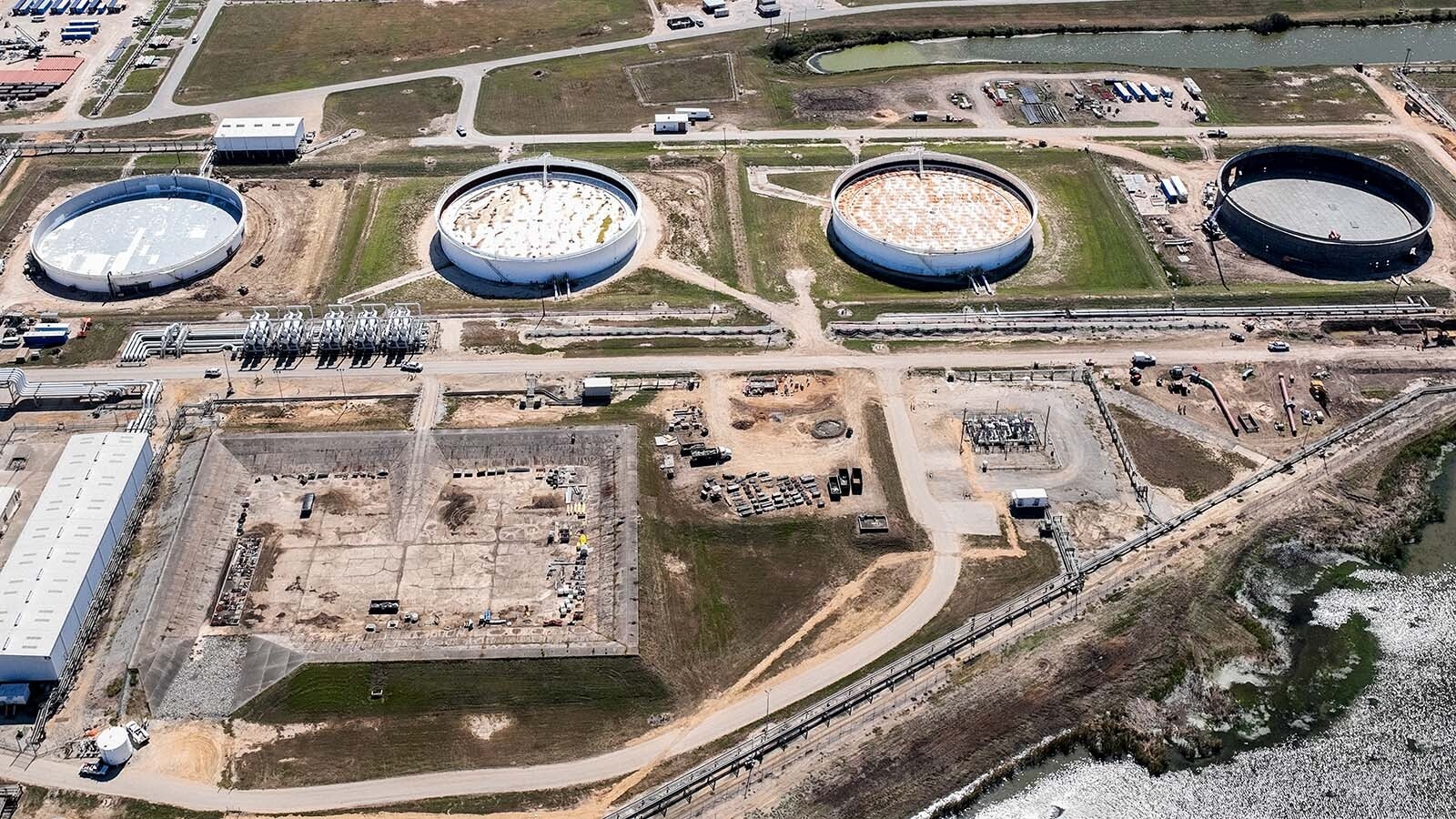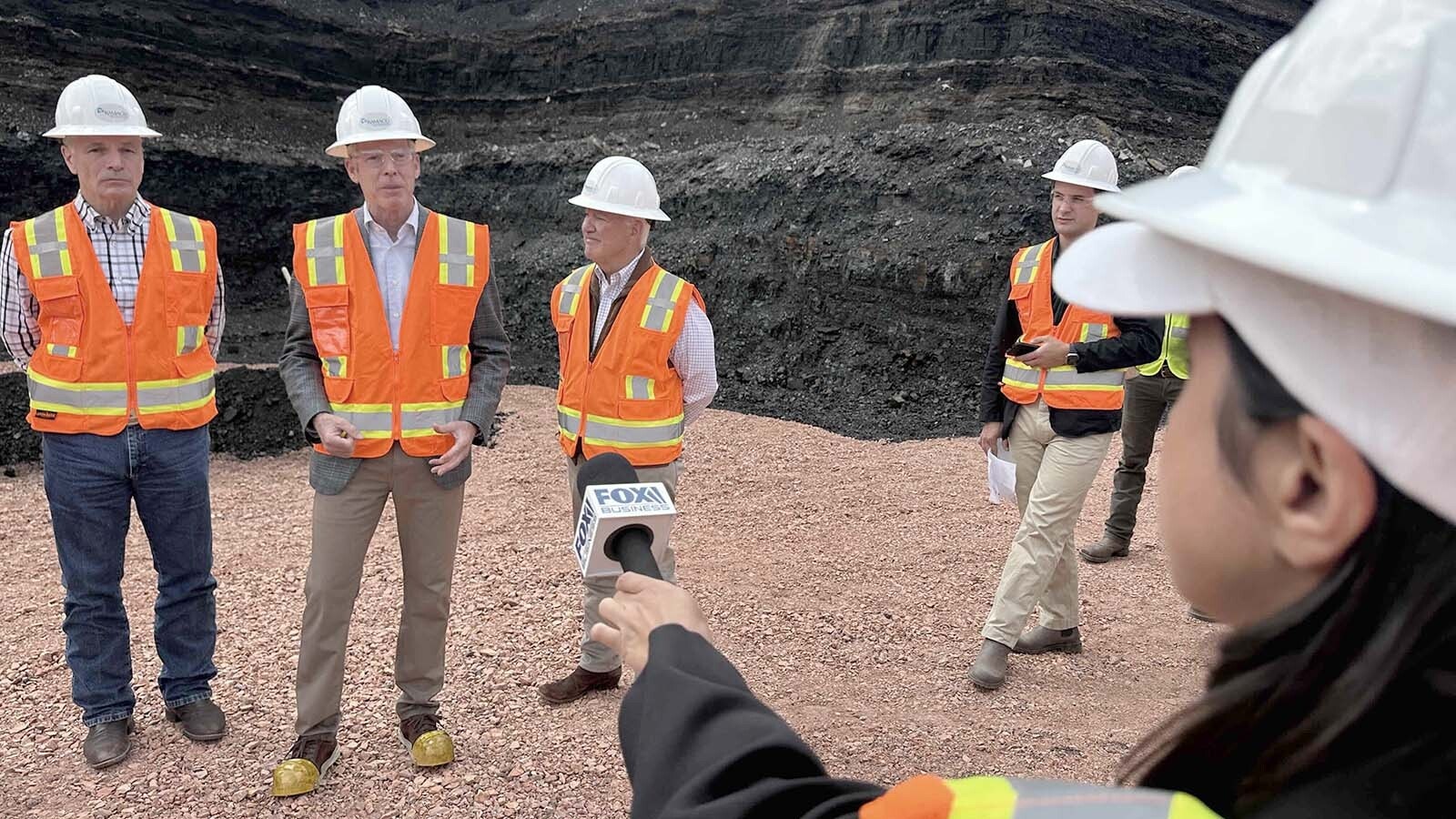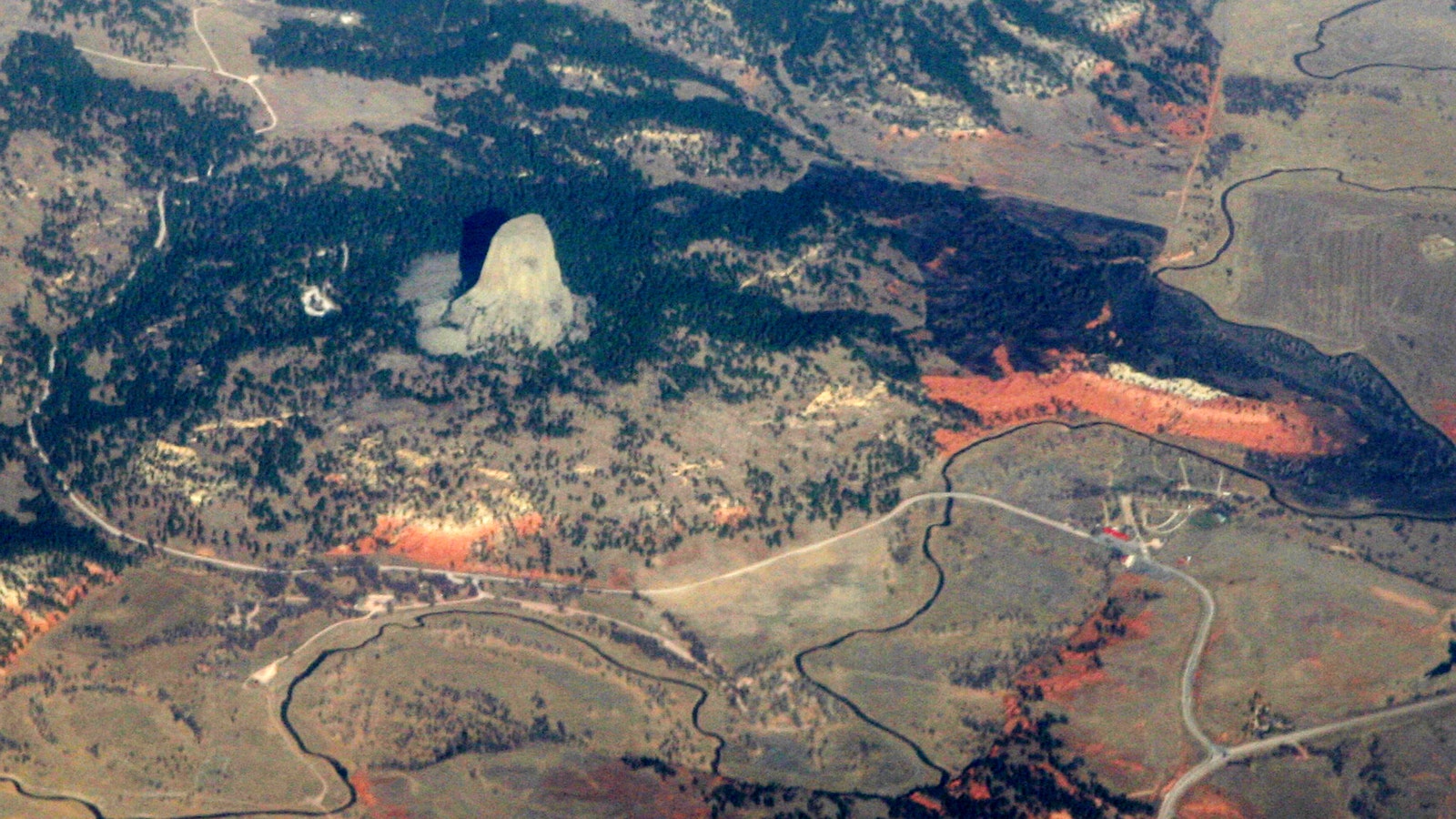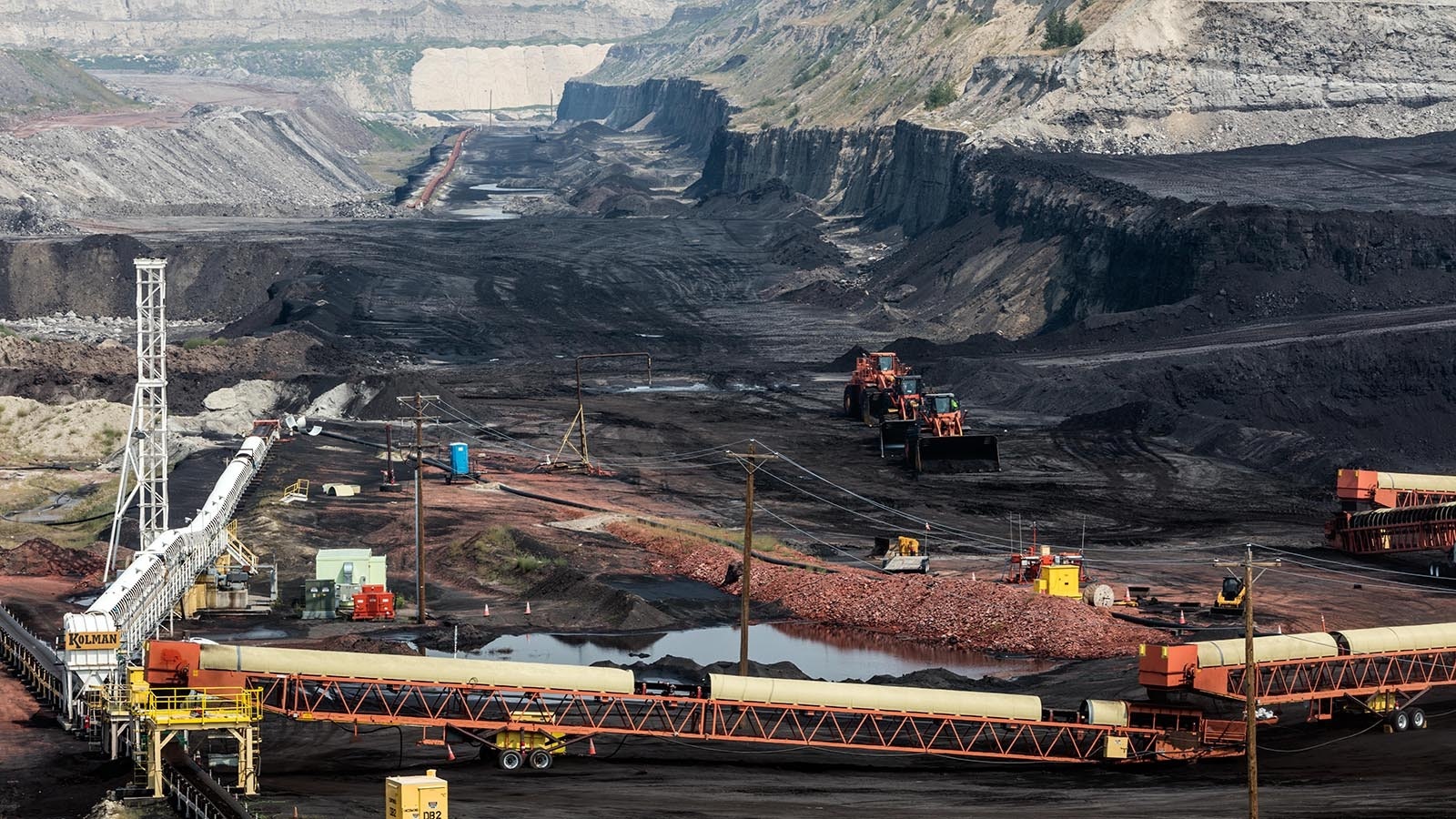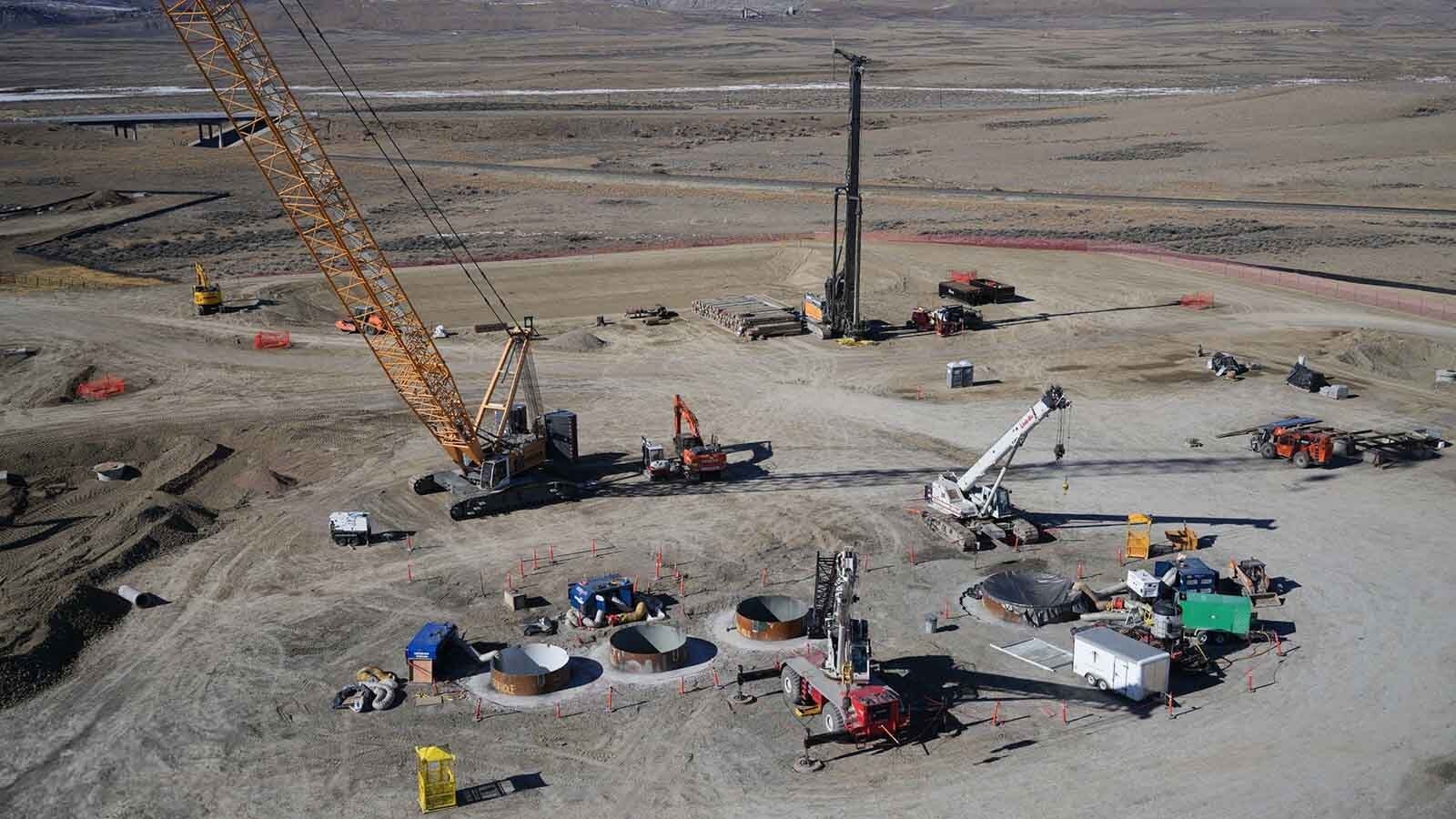The Biden administration had been set to buy 6 million barrels of oil as part of an effort to refill the Strategic Petroleum Reserve. Oil prices shot up over $80 per barrel last week, and the administration canceled the purchase.
Now with prices at the pump up $0.30 over the last month, some are wondering if the administration will tap America’s dwindling reserves to bring gas prices back down and avoid upsetting voters, which is what led to this situation in the first place.
The cancellation is reflective of an inconsistency in the administration’s policies. On one hand, the administration wants to stop all oil and gas production. On the other, it wants do everything it can to avoid the consequences of that policy, which requires it to get oil from somewhere.
Depletion
The SPR is an emergency petroleum stockpile stored in underground salt caverns in Louisiana and Texas. The U.S. began putting petroleum into the reserve in 1975 in response to the oil crisis that began in 1973, when oil-producing countries of the Middle East started an oil embargo.
The Biden administration began using the reserve as a means to control gas prices in November 2021, when it announced the release of 50 million barrels.
Energy Information Administration figures show the SPR was depleted to less than 350 million barrels in May, the lowest level since 1983.
While previous presidents at various times have ordered emergency releases of petroleum from the SPR, the largest depletion by far has been under the Biden Administration.
Alarming
Rob Wallace, former staff director for the U.S. Senate Energy and Natural Resources Committee and assistant secretary for Fish and Wildlife and Parks at the U.S. Department of the Interior, told Cowboy State Daily that the SPR was never meant to be a control knob for gasoline prices.
By draining it for such purposes, Biden has left the country vulnerable should it face a serious disruption in production or refining capacity.
“I believe it’s now below 50% of its capacity, which should be alarming in and of itself,” Wallace said.
Ryan McConnaughey, spokesperson for the Petroleum Association of Wyoming, told Cowboy State Daily that draining the reserve didn’t have much of an impact.
“They were not releasing any sort of significant amount of oil at the time they made those releases,” he said.
Refilling the SPR is going to be a challenge, as the cancellation of the purchase of 6 million barrels shows.
“We're out of sync. We're draining the SPR to drive oil prices down, not simply to provide oil but to provide cheap oil. And then we get caught in a trap and can't afford to fill it back up again,” Wallace said.
Tightrope
“In reality, it is a steady stream of domestically produced oil and natural gas that is going to help bring prices down for consumers and protect America's energy security,” McConnaughey said.
The United States is sitting atop a large amount of oil and gas ready to be produced, which would have a much longer and lasting impact on energy prices, but that would upset another set of voters — environmentalists.
“The administration is also beholden to their largest funders. And so I think we're seeing the administration trying to walk that tightrope, however unsuccessfully,” McConnaughey said.
McConnaughey said that the state of the economy remains a high priority for voters.
While expanding oil production in the U.S. is going to hurt his base, voters will grow impatient with high energy costs and a faltering economy.
“We need to see leadership from Congress, and other elected officials, in showing just how important that a strong domestic supply is,” McConnaughey said.
Not Just Oil
The administration’s tightrope isn’t just about oil and gas.
Despite the potential for nuclear energy to bring down U.S. emissions, Biden announced Tuesday that he’s designating millions of acres of uranium-rich land in Arizona a national monument, shutting it off to all mining.
“President Biden is once again helping our enemies by denying Americans access to the resources we need. We currently import three times as much uranium from Russia as we produce,” Sen. John Barrasso, R-Wyoming, said in a statement.
The Biden administration also has blocked projects to develop critical minerals needed for solar panels, wind turbines and electric vehicles.

